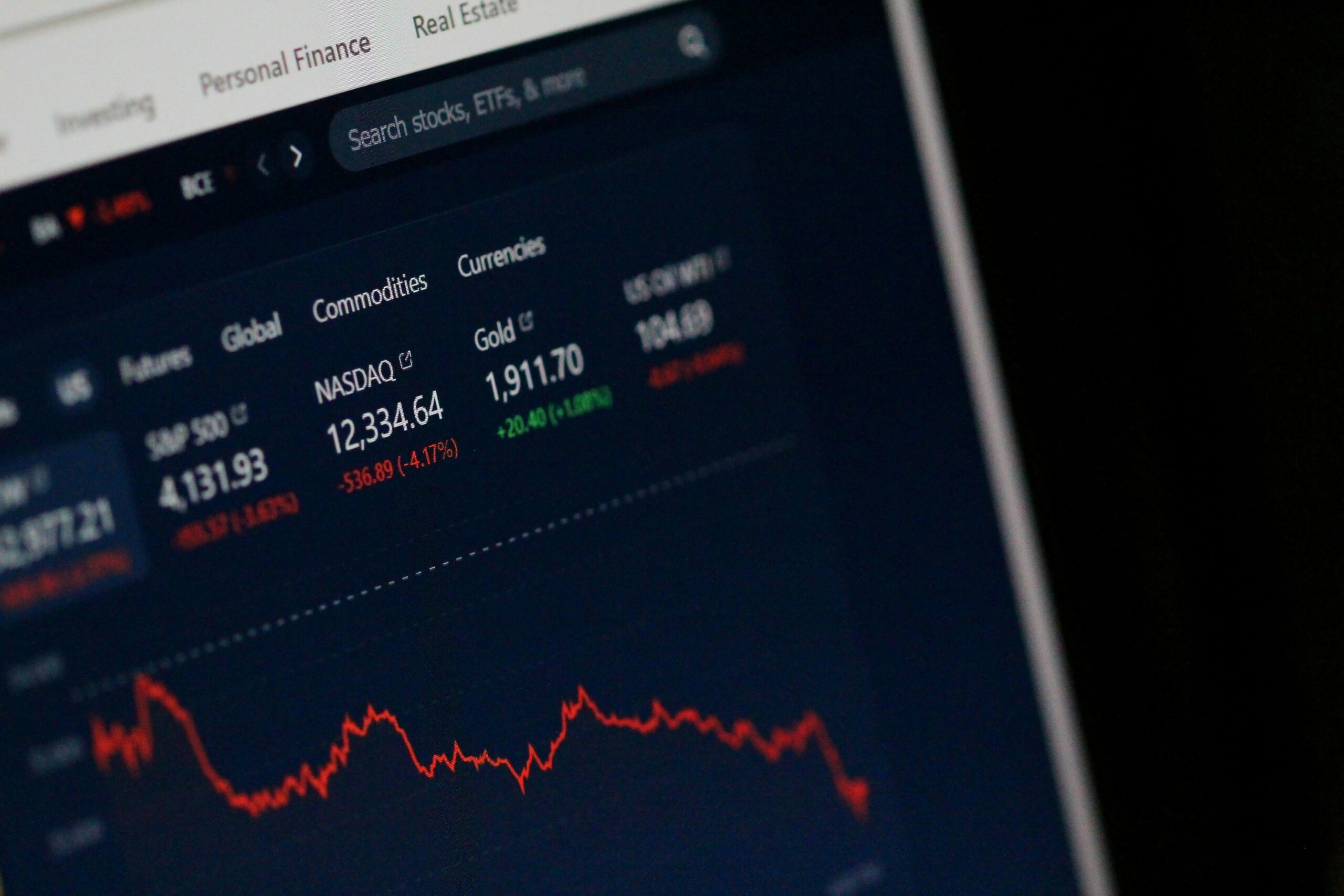Germany, the largest economy in Europe, is on a precarious economic path, facing potential stagnation due to its ageing population, warns the International Monetary Fund (IMF). This demographic challenge is compounded by other structural issues such as underinvestment and excessive regulatory burdens, which could significantly impede the country’s economic growth.
In its latest assessments, the IMF highlighted that Germany’s economy contracted by 0.5% in 2023, making it the only G7 nation not to experience growth during that period. This decline is attributed to high inflation, energy supply shocks, and a slump in manufacturing, which have collectively strained the economy. While a modest recovery of 0.9% is forecast for 2024, this is still below earlier projections of 1.3% growth.
Germany’s demographic profile is a significant factor in its economic challenges. The country has one of the oldest populations in the world, with the median age expected to rise from 46 years currently to over 49 by 2045. The old-age dependency ratio, which measures the number of people aged 65 and over per 100 working-age individuals, is projected to increase from 34.8 in 2015 to 63.1 by 2075. This demographic shift implies a shrinking labor force and increased pressure on public finances due to higher spending on pensions, healthcare, and social services.
Moody’s, the credit rating agency, has expressed concerns that these demographic trends could threaten Germany’s triple-A credit rating. The reduction in labor supply and the rise in public spending are seen as significant risks to economic stability and growth.
Apart from demographic issues, Germany faces other structural challenges. The country’s economic model, heavily reliant on its manufacturing sector, has been under strain. The energy crisis precipitated by the halt of Russian gas imports in 2022 led to a temporary spike in energy prices, affecting energy-intensive industries such as chemicals, metals, and paper. However, the situation has improved somewhat, with wholesale gas prices returning to pre-crisis levels.
Despite this, concerns about deindustrialization persist. While energy-intensive sectors have contracted, other parts of the manufacturing sector, particularly the automotive industry, have shown resilience. For instance, Germany’s electric vehicle production has surged, with exports increasing by 60% in 2023. This shift towards higher value-added products has helped stabilize manufacturing value-added, even as overall industrial production has declined.
The IMF and other economic analysts emphasize the need for ambitious reforms to address these multifaceted challenges. Recommendations include increasing investment in digital and green technologies, reforming labor markets to attract and retain skilled workers, and streamlining regulatory processes to enhance business efficiency and innovation.
Germany’s government has acknowledged these issues and is taking steps to mitigate the impact. Efforts are underway to improve workforce participation, particularly among women and older workers, and to enhance immigration policies to supplement the domestic labor supply.



